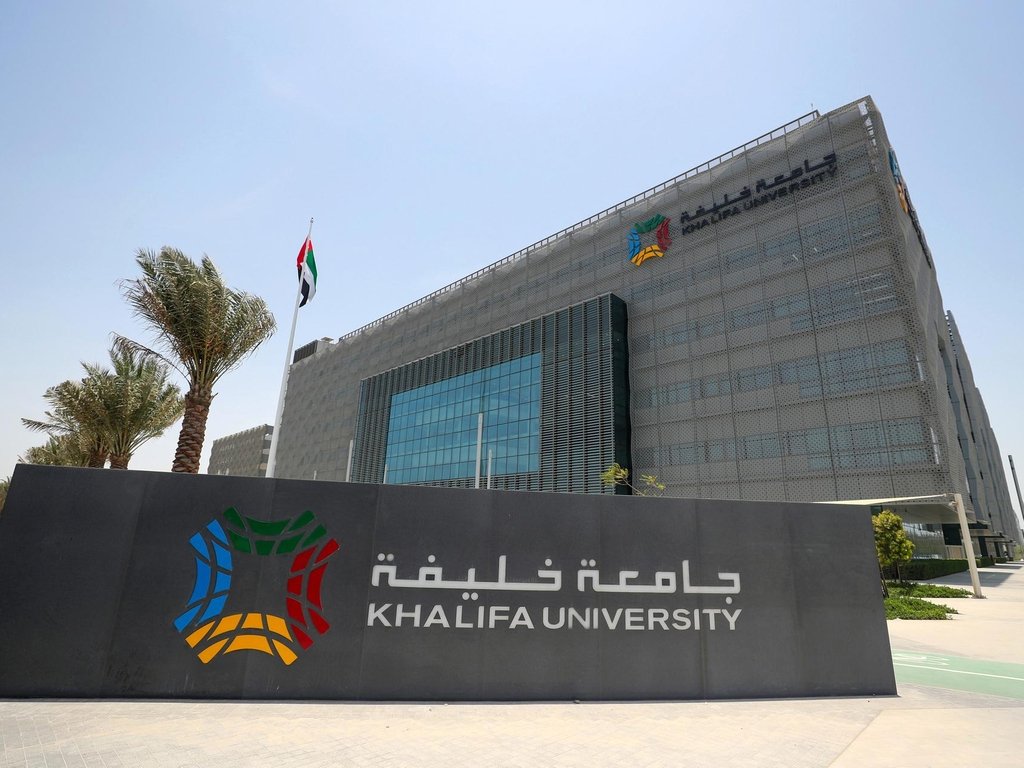It’s almost like going to UAE can be a wonderfully educational experience in itself. But, luckily for you, there are also great universities for you to pursue your Master’s or Bachelor’s degree anywhere in the city. As a foreign student, there are some interesting options to consider, and there is plenty to learn about the history, culture, and politics that make UAE unique. The population in the UAE has a spectacularly high literacy rate – up to 90% - and these days the country has invested tons of money into the improvement of their science and technology institutes. Joining ranks with some of other major research and training enterprises, the UAE has formed the Centre of Excellence for Applied Research and Training (CERT) group, where they’ve been working with major companies around the world in developing nanotechnology, biotechnology, and a major supercomputing centre in South Asia.

There are seven separate emirates that make up the UAE: Umm Al Quwain, Ras Al Khaimah, Fujairah, Dubai, Sharjah, Ajman, and Abu Dhabi. In addition, each of these individual emirates has its own exclusive culture. Although English and standard Arabic are the principal languages of these areas, you are also likely to come across those who speak Punjabi, Egyptian Spoken Arabic, Somali, Tagalog, Bengali, and a host of other languages.
There are many excellent universities spread across the UAE, many of which offer the best study abroad programs in UAE education. Chances are that whatever subject you wish to study, there is a university that offers it. The UAE excels in programs focusing on science, technology, business, and more.
If you rely solely on the media to learn what the rest of the world is like, you might think the UAE is in a constant state of turmoil. However, this could not be further from the truth. The UAE is actually a safe and peaceful place to study. Students are likely to find the residents warm, welcoming, and willing to share their culture and learn about others.
If you enjoy beautiful beaches and hot weather, then the UAE is definitely the right place for you to study abroad. Hitting up the beach is the perfect way to relax after hours of studying. Consider visiting popular sites such as Marina Beach or Jumeirah Public Beach in Dubai, or travel to Saadiyat Public Beach or Corniche Beach in Abu Dhabi for a good time.
If you enjoy beautiful beaches and hot weather, then the UAE is definitely the right place for you to study abroad. Hitting up the beach is the perfect way to relax after hours of studying. Consider visiting popular sites such as Marina Beach or Jumeirah Public Beach in Dubai, or travel to Saadiyat Public Beach or Corniche Beach in Abu Dhabi for a good time.
Another reason to consider the UAE for your study abroad experience is for the activities and unique experiences available on the streets every day. If you enjoy shopping, hiking, or learning something new like belly dancing, then there are plenty of opportunities.
The UAE is basically the ideal hub from which to branch out and see many parts of the world. There are international airports in Dubai, Sharjah, and Abu Dhabi.
The greatest benefits of studying in a foreign country is meeting unique people and gaining unforgettable experiences.
While there are not many UAE study and work abroad options that earn you money while you are a student, you may still be able to find internships and other opportunities to build your CV. Becoming a study abroad student comes with all kinds of benefits, including helping you increase your independence, time management, problem-solving skills, and open-mindedness.

The United Arab Emirates (UAE) is home to a wide range of universities, both public and private. The UAE has established an excellent and diversified system of higher education in a very short period of time. UAE higher education institutions can be divided into three categories: Public, private, and Global Partnerships.
The UAE government and the individual Emirates have forged numerous partnerships with US institutions aimed at improving education in the UAE, and promoting exchanges between Western and Arab cultures.
Institutions in the UAE are permitted to set their own tuition fees, so costs will vary depending on where you choose to study. Tuition fees will also vary depending on the level and type of degree you choose. On average, you can expect to pay around AED 48,000 for a master ’s degree and up to AED 120,000 for some specialised graduate degrees. Courses are charged in semester credit hours as opposed to months or years. You may be eligible for a scholarship to help towards your tuition fees, check with your institution to find out more. All international students will need to have valid health insurance for their stay in the UAE. It is common for institutions to offer health insurance cover once you have arrived in the country and have undertaken a medical examination. The medical examination is thorough and tests for HIV, tuberculosis, hepatitis and syphilis, among other things.
Students are allowed to work for 15 hours a week or 60 hours a month only when the semester is in session. During summer breaks or when the academic session is not in progress, the students are allowed to work up to 40 hours per week. The Emirate also offers strong opportunities for future employment and career growth, particularly with Expo2020 having created approximately 250,000 new jobs across a wide range of industry sectors. Additionally, Dubai has a lower cost of living than other comparable global cities in the USA, UK, Australia and Candada, and is ranked as the 8th safest country in the world.
© 2020 GT western Education & Migration. All Rights Reserved.